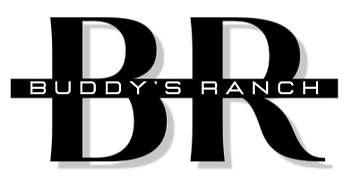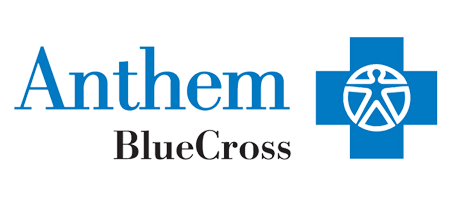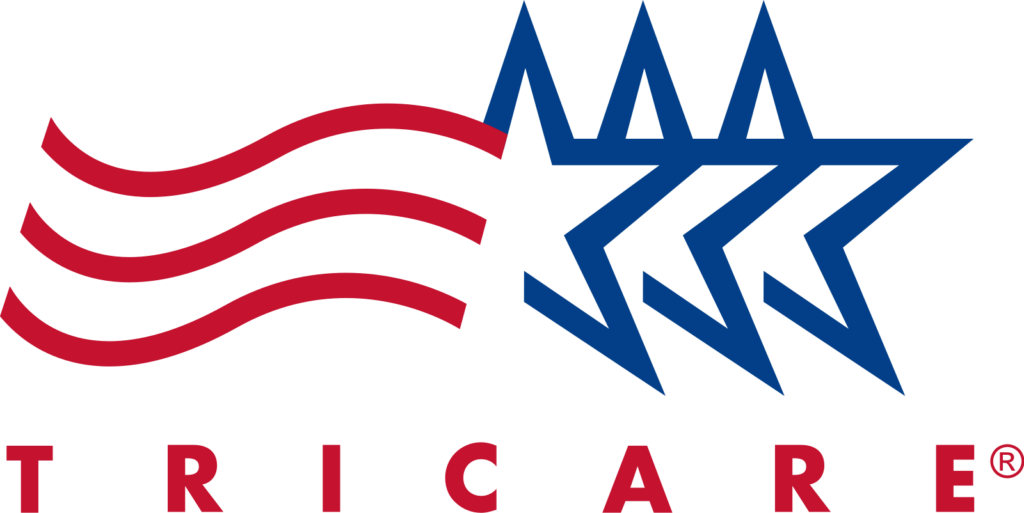Treating Eating Disorders and Addiction
home » What We Treat » Mental Health » Eating Disorders
table of contents
medical reviewer:
adam swanson, lmft
Treating Eating Disorders and Addiction
What do eating disorders and addiction have in common? More than most people might realize. An estimated 50% of individuals with an eating disorder also have a substance or alcohol dependency, nearly five times the rate of the general population. Among people with a substance use disorder, more than 35% also struggle with an eating disorder, compared to 1-3% of the general population. The relationship between eating disorders and addiction is complex. Learn more about the connection between them and how to find treatment for both conditions.
Eating Disorders and Addiction Often Fuel One Another
Eating disorders are considered mental health disorders. Examples of common eating disorders include anorexia nervosa (when people avoid or severely restrict food), binge-eating disorder (eating larger amounts of food than normal in a shorter period), and bulimia nervosa (binge-eating followed by using methods to prevent weight gain such as vomiting, excessive exercising, or the use of substances like diuretics or laxatives). Eating disorders have a lot in common with addiction, and they often feed off of each other. Here are three of the more common ways:
- Eating disorders and addiction often stem from the same place. Trauma, anxiety, feeling pressure to fit in, or even genetics can all play a role. Both can function as a coping mechanism and give a person a sense of control and a way to escape from emotional pain.
- Substance use can help control one’s weight or appetite. It is not uncommon for people who are trying to lose weight to misuse laxatives or diuretics as a tool to reduce or restrict their caloric intake, and the National Center on Addiction and Substance Abuse estimates that approximately 50% of women with eating disorders also have a substance use disorder.
- Secrecy and shame. There is often a lot of stigma around eating disorders and addiction, making it challenging for individuals to seek help. The shame that people who suffer from either disorder, let alone both disorders, can experience is isolating and often leads to avoidance or a delay of treatment.
Dual Diagnosis Treatment for Eating Disorders and Addiction
When a person experiences a mental health disorder and a substance use disorder at the same time, it is known as a co-occurring disorder. Due to the complex nature of co-occurring disorders, one of the best ways to recovery is through an integrated treatment approach, such as dual diagnosis treatment. This treatment method is effective; one study reported a significant increase in abstinence rates from 2% at intake to 39% one year later. The Substance Abuse and Mental Health Services Administration (SAMHSA) lists several improved outcomes from an integrated such as dual diagnosis treatment, including:
- Reduced or discontinued substance use
- Improvement in psychiatric symptoms and functioning
- Increased chance for successful treatment and recovery for both disorders
- Improved quality of life
- Decreased hospitalization
- Reduced medication interactions
Dual diagnosis treatment addresses both disorders at the same time and often involves a multidisciplinary team of providers (physicians, therapists or counselors, and dietitians often play a role) who work together to develop an individualized treatment plan. Evidence-based therapies are often used in dual diagnosis treatment and include Cognitive Behavioral Therapy (CBT), Dialectical Behavior Therapy (DBT), and motivational interviewing.
Despite the success of dual diagnosis treatment programs, a SAMHSA study from 2019 showed that only 7.8% of adults experiencing co-occurring disorders received treatment for both conditions.
Dual Diagnosis Treatment from Buddy’s Ranch
Buddy’s Ranch is a premier treatment facility in California that provides dual diagnosis treatment for people struggling with both mental health disorders and substance use disorders. Our team of empathetic providers is ready to help you navigate recovery with compassion and expertise. We provide several evidence-based therapeutic options to help you or your loved one address any challenges you are facing. Know that recovery is possible and that you can do this. Reach out today to take steps towards the life you deserve.
FAQs About Eating Disorders and Addiction
Yes, eating disorders and addiction often have a “bidirectional” relationship, meaning that it goes both ways. For example, substance use or addiction can lead to unhealthy eating habits through emotional numbing or suppression of one’s appetite. On the other hand, individuals experiencing an eating disorder might misuse drugs or stimulants to control their appetite or cope with anxiety. Both disorders are unhealthy coping mechanisms for underlying issues such as trauma, depression, or anxiety. It is also worth noting that once one disorder is present, a person is often more susceptible to developing a second disorder.
If a person is experiencing co-occurring disorders, treating only one disorder while ignoring another can lead to relapse or hinder progress toward recovery. As explained in this article, eating disorders and addiction can be deeply intertwined, so it is important to have an approach that will address both and get down to the root causes. An approach that includes therapy, nutrition, medication management, and support for physical health will lead to better outcomes and an overall improved quality of life. Treating one disorder in isolation rarely leads to sustainable recovery.
Yes! While it can be a complex diagnosis, full recovery from an eating disorder and substance use is achievable, and many people have done it. Part of treatment is learning new ways to cope, establishing a healthier relationship with food, rebuilding self-esteem, and addressing unresolved trauma. A holistic approach to treatment believes that everything is interconnected, and dual diagnosis treatment programs are designed to support an individual’s overall wellness needs and goals. Recovery is rarely linear, but as a person learns about themself and learns new strategies and coping mechanisms for life, their chances of lasting recovery increase.
Family members can play a vital role in helping a loved one recover from an eating disorder and addiction. During addiction, relationships are often strained or damaged, and trust needs to be rebuilt. Family members willing to attend therapy individually or as a family unit can be a significant support and help all involved learn to set healthy boundaries. Education can be important in supporting a loved one while avoiding enabling behaviors. Family support in treatment can decrease the risk of relapse and lead to better outcomes.
Eating Disorder and Addiction Treatment at Buddy's Ranch
If you or a loved one are struggling with an eating disorder and addiction, Buddy’s Ranch is here to help. Reach out to our treatment center for more information about our programs. Recovery is possible. Take the first step toward your healing journey today.
Contact
"*" indicates required fields
You can view our privacy policy here.










